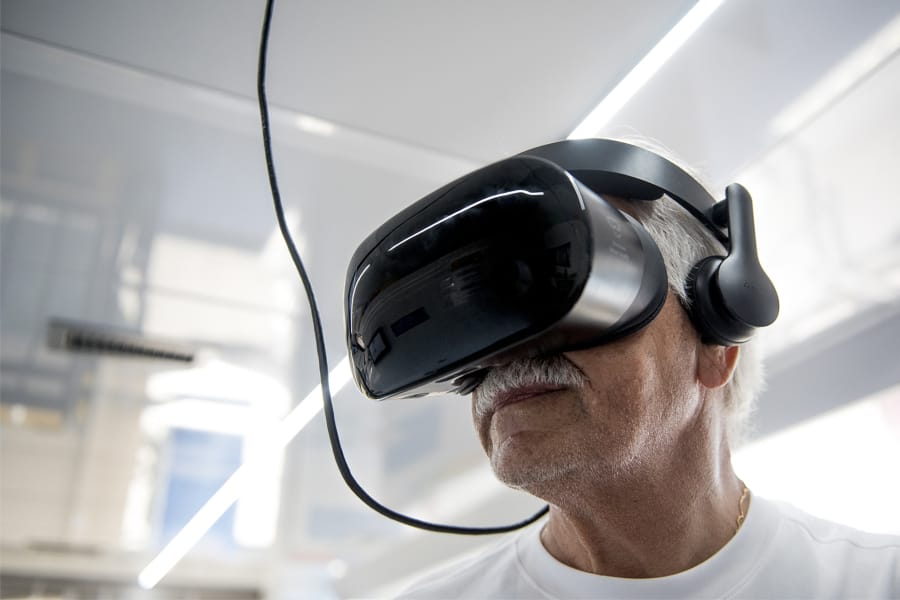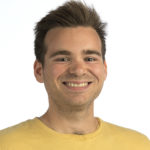Clark County is part of a nationwide research effort through next week.
The National Institutes of Health’s “All of Us” research program is traversing the country as part of a nationwide effort to improve medical treatment by better understanding the impacts of lifestyle, environment and biology on health, according to the NIH website.
The program will be in Vancouver through Aug. 9.
The research hopes to gather data from 1 million people from a broad range of backgrounds, so its findings will be comprehensive, said Mel Lopez, who is working on the NIH project.
“This way, everybody can be fairly represented in medical research,” Lopez said.
The globetrotting aspect of the research program is designed to speed up the process of finding 1 million participants.
The study hit its one-year mark in May and has a 10-year run period. So far, more than 230,000 people have already participated, and more than 180,000 biosamples have been received. The Vancouver stop has an educational exhibit and a mobile clinic. The educational exhibit asks questions about lifestyle and environment and has a virtual reality booth teaching about the impact of medical breakthroughs.
Get involved
To participate in the All of Us study, you must be 18 or older, a citizen of the U.S. (foreign exchange students can participate) and able to give consent. If you are interested, you can learn more at JoinAllofUs.org/en.
When: 10 a.m. to 5 p.m. through Aug. 9. The clinic closes at 4 p.m.
Where: The Grocery Outlet Bargain Market parking lot, 5800 N.E. Fourth Plain Blvd., Vancouver.
Cost: Free. Those who participate in the physical exam will get a $25 e-gift card for Amazon.
“We can personalize things by looking at your genetics, your lifestyle and your environment,” Lopez said. “If we have a pool of 1 million or more of all walks of life, we can better personalize precision medicine.”
There are also private rooms for physical measurements and biosample collections, but those things are not mandatory for the research. You can still contribute to All of Us without undergoing the clinical portion by answering surveys about lifestyle and environment, Lopez said.
The physical exam portion includes drawing of a small amount of blood and urine, and anyone who participates in the physical exam receives a $25 Amazon e-gift card. Those who aren’t comfortable with needles can opt to receive a test kit at home and send a saliva sample in to help with the genetic portion of research.
To participate in the research, you must watch consent videos first, which cover the goal of All of Us and privacy matters.
Lopez, who was raised in Los Angeles and is a first-generation Mexican American, said her family didn’t have insurance when she was growing up. This made her scared of getting sick, because she didn’t want to put financial pressure on her family.
Lopez said she would try to hide a fever or sickness from her mother for this reason. That’s her personal reason for working in the All of Us initiative. She’s hopeful new discoveries can help change the future of health care for kids who are in the same position as her.
“I grew up believing that going to the doctor meant spending money,” she said. “Whenever I did get sick, I never told my mom. I want to change that. I don’t want future generations, or my children to have the same things my grandparents had. In my family, there’s cancer, diabetes and heart disease. And I know it’s going to only keep cycling unless we do something to either prevent it or stop it.”




